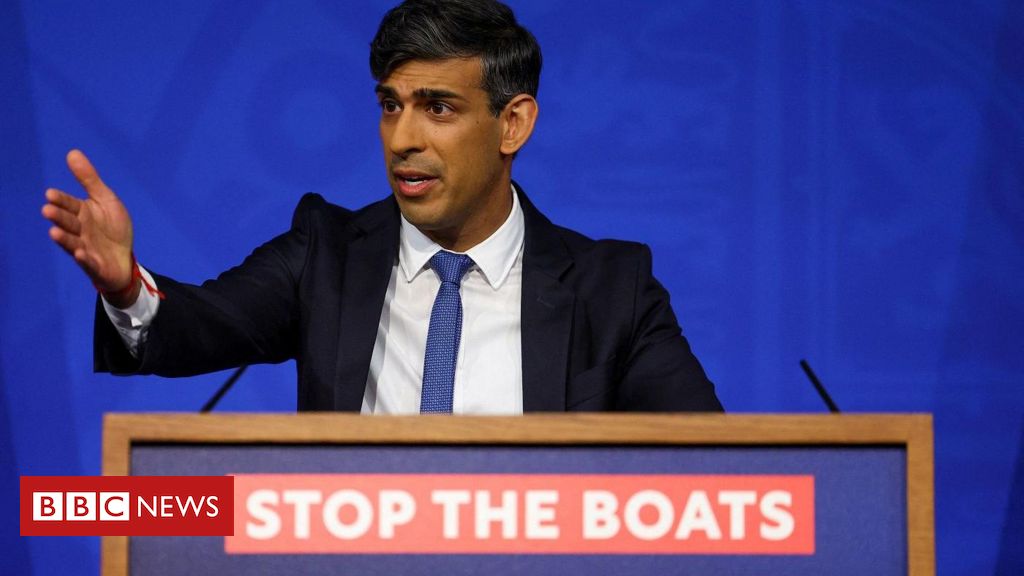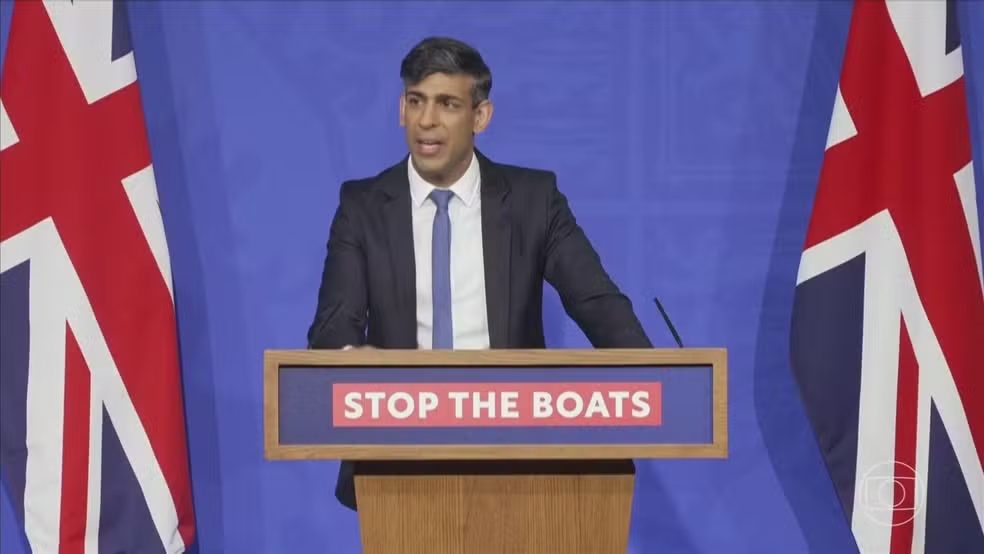
According to VisitBritain, annual international visitor spending to the UK is expected to reach almost £29.5 billion this year, beating the previous record of £28.4 billion set in 2019, but visitor numbers will not recover until 2025.
Last year, 350 tourist sites in Great Britain received 123.4 million visitors, down from 161.2 million visits in 2019, the Association of Leading Visitor Attractions (ALVA) announced this Friday (17).
ALVA’s CEO, Bernard Donoghue, told the Financial Times (FT) that the cost-of-living crisis is causing Britons to make “strategic decisions” about leisure spending, which is reducing wealth in many places.
Visits to free venues are 14% below 2019 levels and have recovered faster than paid venues, whose visits are down 28%.
London tourism, heavily dependent on overseas visitors, sees 46.6 million visits to the capital’s major attractions in 2022, down 33% from pre-pandemic levels.
Compared to 2019, the National Gallery and the Victoria and Albert Museum saw 40% fewer visits, while visits to the British Museum, previously ranked as the UK’s most popular attraction, were down 35%.
Windsor Great Park ranked as the most popular tourist destination last year with 5.6 million visits from the crowds who gathered to see Queen Elizabeth II laid to rest in the King’s Memorial Chapel George VI in September.
With the end of Beijing’s zero-covid policy last December, Donoghue said the outlook for international visitors is improving.
“The Chinese audience is not only important in terms of volume, they tend to spend more,” Donoghue told the FT.
Dan Wolff, commercial director of Historic Royal Palaces, a charity that manages six UK palaces, told the FT that the recovery in tourist numbers “has brought Americans back in droves”.
Wolff noted that the Tower of London has seen a decline in visitors from European countries, coupled with weaker demand from visitors from China and Southeast Asia.
“The question is whether the pandemic has masked the effects of Brexit to some extent,” Wolff said, pointing to bureaucratic hurdles affecting demand.
* With information from the Financial Times
See also:

“Reader. Infuriatingly humble travel enthusiast. Extreme food scholar. Writer. Communicator.”






